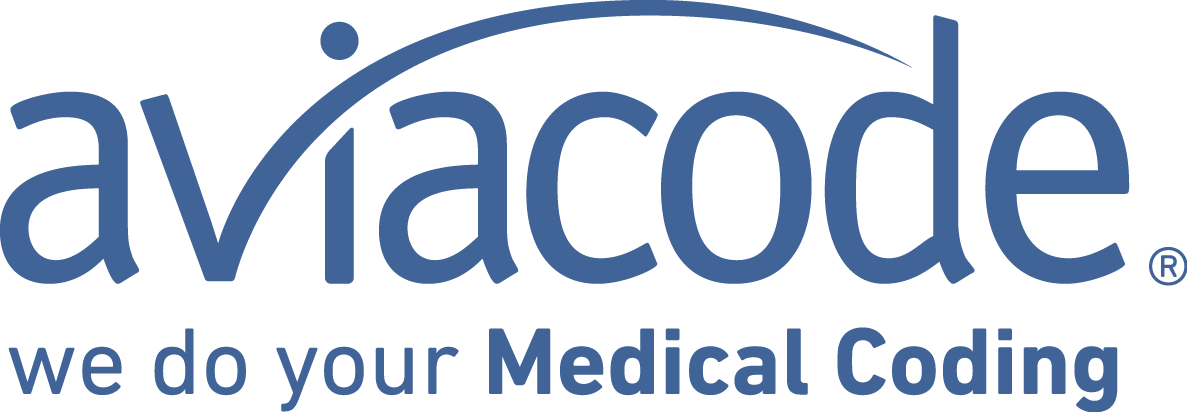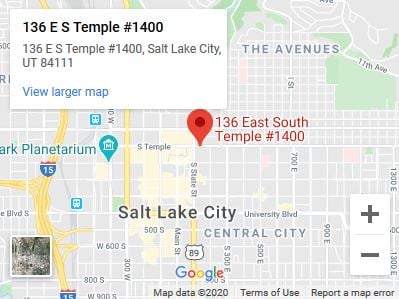Medical professionals undergo extensive training and preparation before they ever receive a license to practice medicine, however even these highly trained professionals make mistakes that can lead to costly and irreversible consequences. Failure to provide proper documentation is one of the problem areas among leading healthcare providers because of the continued changes within this industry related to medical coding and proper documenation of medical records. The foll owing list sheds light on some of the issues that arise as a result of improper documentation.
owing list sheds light on some of the issues that arise as a result of improper documentation.
- Denials
Denied claims are a healthcare provider’s worst nightmare and can lead to costly issues due to wasted time and resources. There are several main reasons why an insurance provider will deny a medical claim, one of them being improper documentation, with non-capture of tests and procedures. This is an often a result when a physician or medical coder fails to input a code correctly or omits something entirely. Although, a claim is still recoverable even after it has been denied, the time and money spent rebilling and appealing the claim will not.
- Increased Operational Costs
Charts that have been documented incorrectly lead to all sorts of issues down the road, many that could have been easily avoided had the right training or tools been in place for application. One of the most damaging consequences that hits home for many medical providers is reduced revenue. Backed up claims lead to all sorts of other unnecessary expenses such as, fines and penalties, legal charges and time and labor spent correcting the issue. Not to mention the embarrassment if brought to public attention. That in itself can lead to a reduced revenue in the long run as the reputation of the company may suffer as a result.
- Malpractice
For healthcare providers, having proper documentation is no joke when it comes to defense in medical malpractice litigation. It is imperative to have accurate, complete and legible charts to reference in the case that a suite is filed. Healthcare providers should take added measures to ensure that the documents are recorded with the specificity needed for proper representation if necessary to avoid litigation charges. Although this documentation starts at the base level between physician and patient, it continues as claims are filed through insurance providers and charts are converted to code. The proper documentation that occurs initially sets the precedent for complete and further accuracy down the road.
- Audits
An individual or practice can be randomly selected for an audit by the IRS or another government entity without notice, however failure to document correctly can indirectly contribute the reasoning behind this selection. Rejected claims, which often are a result of improper documentation, look questionable to the IRS and may be criteria for an audit. This can lead to costly expenses and overhead. In the past several years the government has cracked down with what is called an “ROC Audit,” which is part of an effort to decrease fraud with healthcare billing practices. This has increased the pressure on healthcare providers who use government programs such as Medicare or Medicaid, significantly, as auditors have the ability to request records up to 3 years prior. Proper training and tools for medical documentation is important for physicians to employ in preparation for these audits.
- Inconsistent Patient Care
Failure to accurately document the services and treatment received by a patient will lead to complications down the road. Without clear knowledge and understanding of what the patient has been given or prescribed, it is very difficult for a physician to give the highest level of care going forward. Inconsistent care can have a direct impact on the patient’s health and also the medical practice. If the physician is held responsible for patient complications due to improperly documented records, there may be a case for malpractice.
The list above shows the possible outcomes of a physician’s failure to document properly. These consequences may never be completely eliminated because healthcare professionals are people too and make mistakes just like everyone else. However, it may not be possible to reduce the risk of these errors through education and taking advantage of the right tools and resources.




